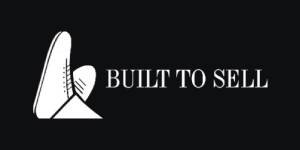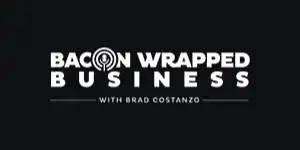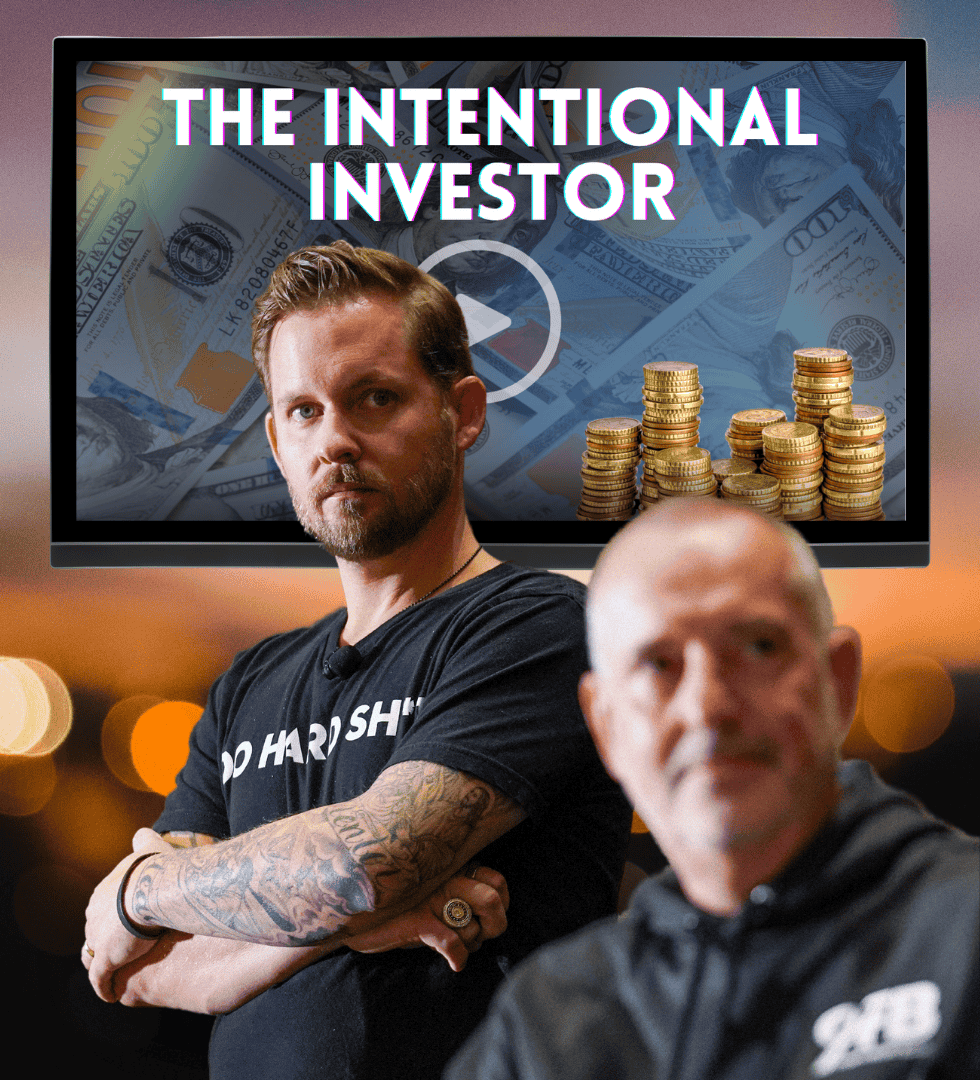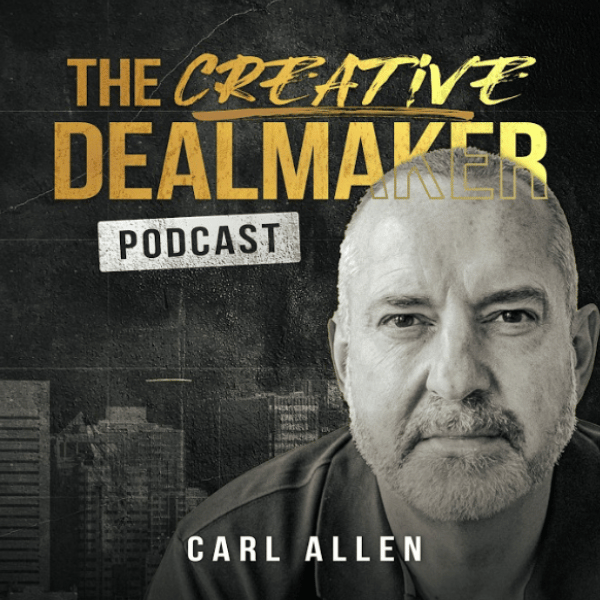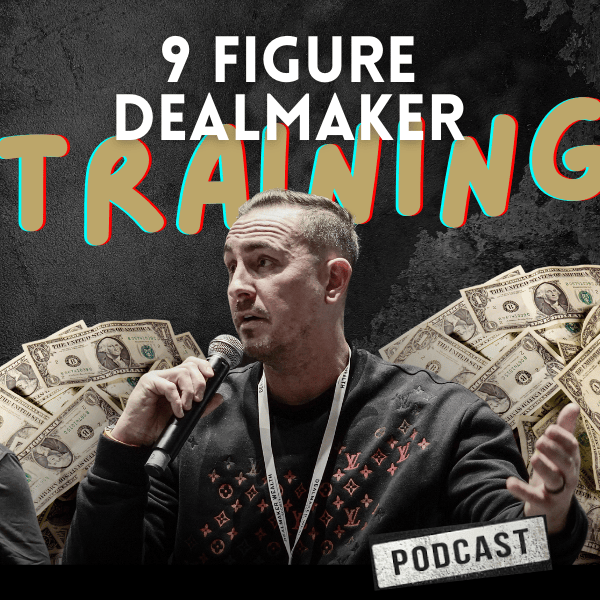Should You Buy a Business With Real Estate?
Should You Buy a Business With Real Estate?

“Should I buy a business with real estate?” It’s one of the most asked questions in dealmaking.
You find a business that comes with a piece of real estate. This could be an office building, store, factory, hotel, bar, restaurant, etc.
So we need to split these business types into two categories:
Real estate complemented and real estate backed.
If the real estate is complementary, it’s not a core component of the business. In other words, the physical location doesn’t matter because the core business can be anywhere. Think office or factory or store. (Most businesses in these categories lease anyway, so the question is moot.)
However, in a real estate-backed business like a hotel, restaurant or bar, the value of the real estate can be up to 10X the value of the underlying business.
This can make closing a deal very difficult unless you leave the real estate behind and instead pay rent to continue to trade within it.
Personally, I don’t like acquiring real estate. I’m just interested in the business that’s trading within. My exception is when including the real estate as part of the overall deal value skews the closing payment positively for the seller.
For example, assume you find a business with no assets and $200K of profit. You offer to buy it at a 2.5X multiple, making the business worth $500K.
However, you don’t want to raise a cash flow loan, so you have to negotiate 100% seller financing. Say, $100K per year for five years — the perfect profit split.
Problem is the seller may want a closing payment.
But assume the seller owns a $200K piece of commercial property that you can raise $150K against.
The value of the real estate gets added to the value of the business trading within it. The deal total is $700K ($500K for the business plus $200K for the real estate), only now you are making a $150K closing payment and the remaining $550K is seller financed.
That could make the difference in the deal being closed.
Now let’s look at an example of a real estate-backed business…
Assume you want to buy a restaurant. It’s generating $500K in revenue and $50K in profit. At most the business is worth a 2.5X multiple, or $125K.
However, the real estate is worth $500K, making the business’s combined value $625K.
The business has no assets, but you can finance the real estate. All good, right?
Well, not really. Look at what happens…
Assume you raise $400K on the real estate on a 10-year term. Depending on the lending rate, you could pay up to $40K per year in interest and capital repayments.
Add the seller finance payments for the rest of the deal…
And all of your profit has evaporated. In fact, you are in the red.
Unless you had a concrete plan to grow the business — especially the profit margin — you wouldn’t do that deal.
Your other option is to sell the real estate to a third party at the same time you buy the business from the seller. This is called a back-to-back deal.
In this case, you give the seller the full $500K for the real estate at closing, which could mean you can buy the business at a strong discount — an even better deal for you.
However, you’ll need to factor in the cost to now rent the property back from its new owner.
In summary, real estate needs to be evaluated on a deal-by-deal basis. Consider these guiding principles before making any decisions.
Keep the dealmaking questions coming! Ask me anything by simply replying to this email and I’ll do my best to answer in a future article.
Until then, bye for now.
Carl Allen
Editor and co-founder, Dealmaker Wealth Society
